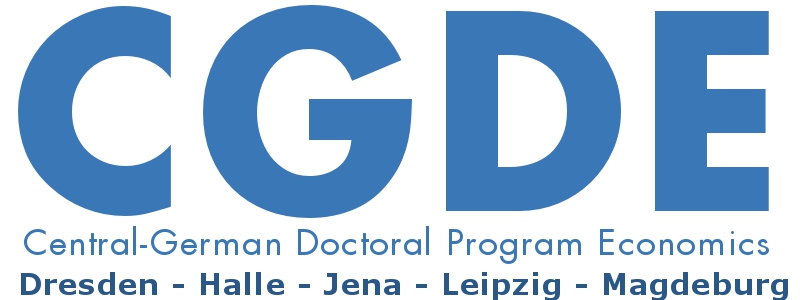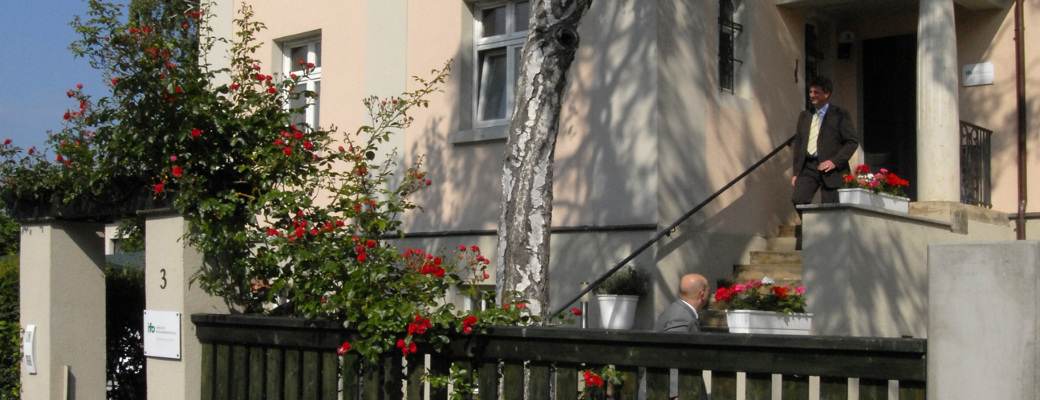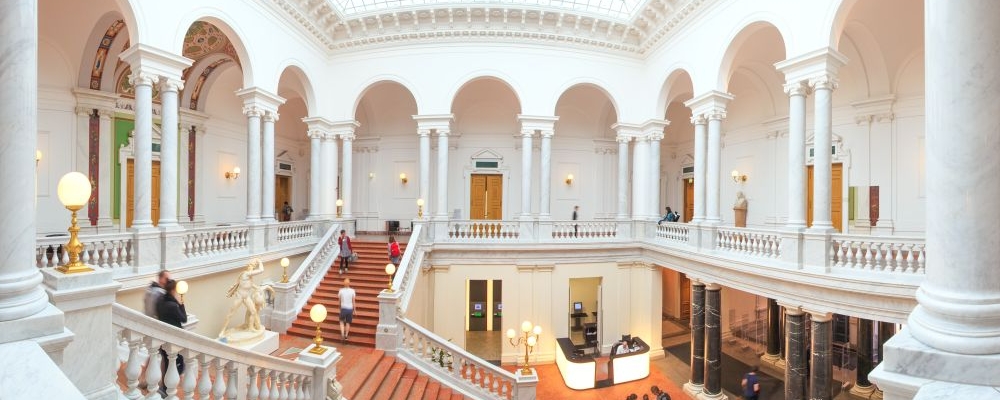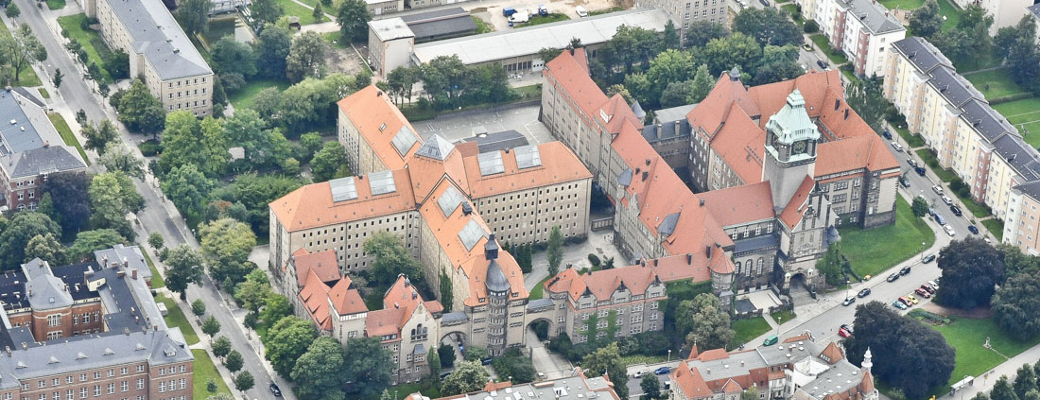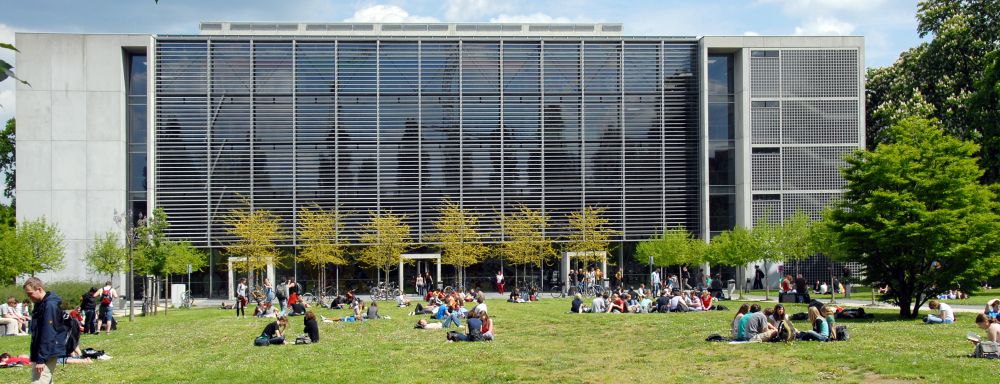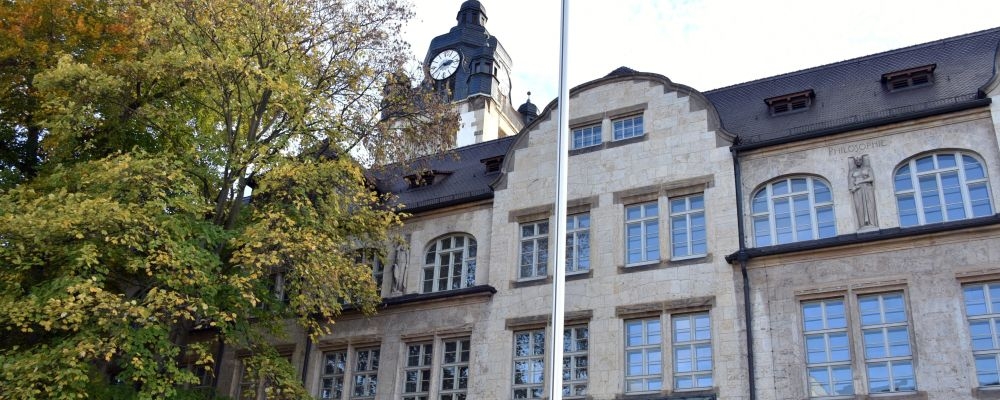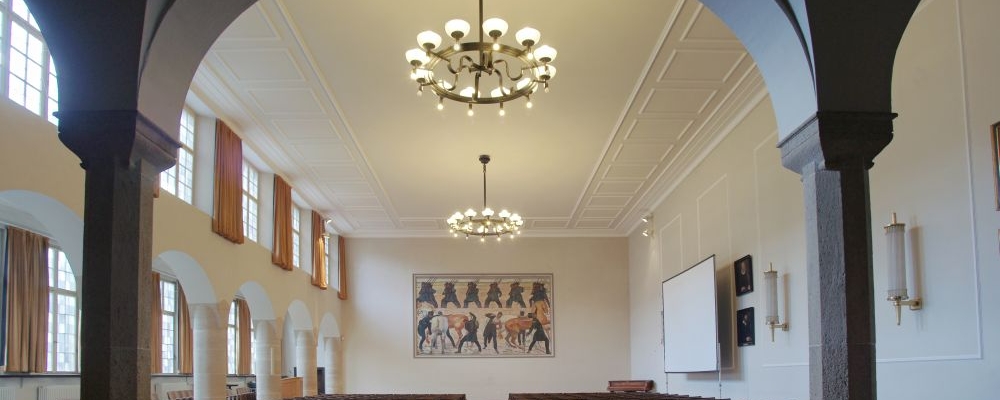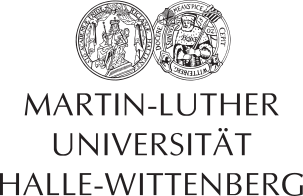Lectures in Behavioral Macroeconomics
Lecturer: Professor Paul De Grauwe, PhD (London School of Economics and Political Science)
Date: September 10-14, 2018
Venue: Otto von Guericke University Magdeburg, Faculty of Economics and Management, Universitätsplatz 2, 39106 Magdeburg, Building 22, room A-225 (Fakultätszentrum)
Registration: until August 15, 2018 via email: sabine.wolf@ovgu.de. The course is designed for at most 25 participants.
Announcement: pdf
Course Description
Modern macroeconomics has been dominated by the paradigm of the utility maximizing representative agent with rational expectations (DSGE-models). In these lectures an alternative paradigm is provided based on the notion that agents have cognitive limitations preventing them from having rational expectations. A behavioral macroeconomic model is developed and the implications of that model for monetary and fiscal policies are derived. These results are contrasted with those obtained in standard DSGE-models.
Format of sessions
Monday 10 September 2018
10:00-13:00; 14:00-15:30 (student presentations)
Tuesday 11 September 2018
10:00-13:00; 14:00-15:30 (student presentations)
Wednesday 12 September 2018
10:00-13:00; 14:00-15:30 (student presentations)
Thursday 13 September 2018
10:00-13:00; 14:00-15:30 (student presentations)
Friday 14 September 2018
10:00-13:00; 14:00-15:30 (student presentations)
Exam
Students are expected to give a presentation on an assigned topic and later hand in a short paper (at most 10 pages).
Detailed Program
– The need for a new approach in macroeconomic modeling
– How to build a behavioral macroeconomic model
– Main features of the behavioral model
– The role of animal spirits in the business cycle
– Contrast with DSGE-model
– Optimal monetary policies in the behavioral macroeconomic model
– The business cycle theories underlying the DSGE-model and the behavioral model
– Inflation targeting and the Zero Lower Bound in a behavioral macroeconomic model
– Structural reforms and stabilization in a behavioral model
– Fiscal policies in a behavioral model
– International synchronization of the business cycles and animal spirits
– A behavioral model of the foreign exchange market
– Bubbles and crashes in the foreign exchange markets
Reading List
Akerlof, G., and Shiller, R., (2009), Animal Spirits. How Human Psychology Drives the Economy and Why It Matters for Global Capitalism, Princeton University Press, 230pp.
Ascari, G., Fagiolo, G., and Roventini, A. (2015). Fat-Tail Distributions And Business-Cycle Models. Macroeconomic Dynamics , 19(02):465-476.
Brock, W., and Hommes, C., (1997), A Rational Route to Randomness, Econometrica, 65, 1059-1095
Delli Gatti, D., Di Guilmi, C;, Gaffeo, E., Giuloni, G., Gallegati, M., Palestrini, A., (2005), A new approach to business fluctuations: heterogenous interacting agents, scaling laws and financial fragility, Journal of Economic Behavior and Organization, vol. 56, 489-512
De Grauwe, P., Lectures on Behavioral Macroeconomics, Princeton University Press, Princeton, New Jersey, 136pp., 2012
De Grauwe, P., and Ji, Y., Inflation Targets and the Zero Lower Bound in a Behavioral Macroeconomic Model, forthcoming in Economica, 2017
De Grauwe, P., and Ji, Y., The international synchronisation of business cycles: the role of animal spirits.“ (with Yuemei Ji), Open Economies Review (2017): 1-30
De Grauwe, P. and Grimaldi, M., The Exchange Rate in Behavioral Finance Framework, Princeton University Press, 2006
Gabaix, X., (2014), A Sparsity-Based Model of Bounded Rationality, The Quarterly Journal of Economics (2014), 1661–1710.
Galí, J., (2008), Monetary Policy, Inflation and the Business Cycle, Princeton University Press, 203pp.
Hommes, C., and Lustenhouwer, J., (2016), Managing Heterogeneous and Unanchored Expectations: A Monetary Policy Analysis, Working Paper, Tinbergen Institute, Rotterdam.
Hommes, C., (2016), Behavioral Macroeconomics with Heterogeneous Expectations and Interacting Agents, Discussion Paper, CenDEF, University of Amsterdam.
Kahneman, D., 2002, Maps of Bounded Rationality: A Perspective on Intuitive Judgment and Choice, Nobel Prize Lecture, December 8, Stockholm (also published in American Economic Review, 2003).
Kirman. A., (1992), Whom or What Does the. Representative Individual Represent?, Journal of Economic Perspectives · vol. 6, no. 2, Spring, pp . 117-136.
